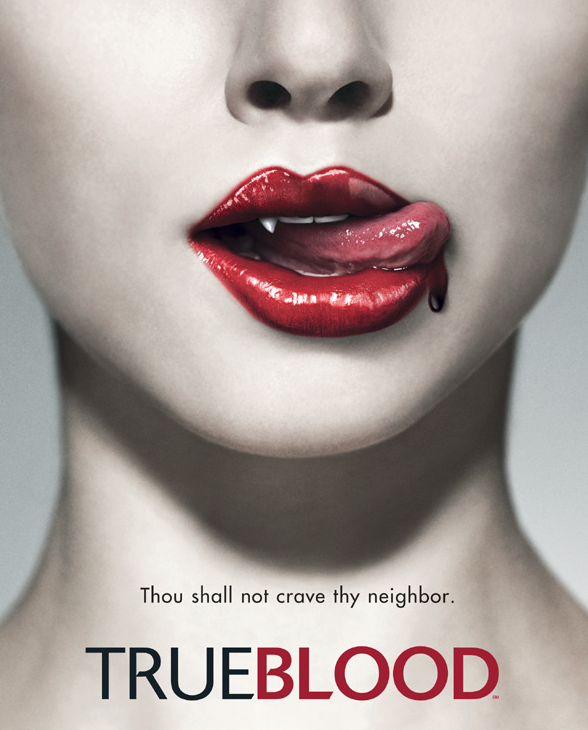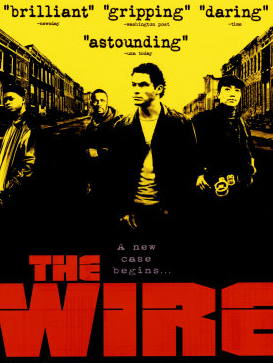Lost and Popular Culture (A guest article by Katie Burnett)
 Saturday, May 29, 2010 at 3:26AM
Saturday, May 29, 2010 at 3:26AM Before there was Lost, there was the original Beverly Hills, 90210.
First day of school, West Beverly High, 1990: Brenda and Brandon Walsh from the television show 90210 transplants from Random Town, Minnesota have no idea what they will be up against in Beverly Hills. Ten years later, the show ends with two beloved characters getting married which sweetly ties up the show in an unpretentious manner.
I found the show less interesting after high school graduation, because I only cared about Brenda and Kelly Taylor, as evidenced by my Brenda and [Kelly Barbie dolls](http://en.wikipedia.org/wiki/Kelly_(Barbie)), bought in the 90's in Florida. When Brenda and Kelly chopped their hair off, I chopped off their Barbie's hair, making them hideous and completely un-sellable should I ever choose to part with them (if I could find them — I suspect they're with my Babysitters Club collection "in the basement".)
I really loved Beverly Hills 90210, yet for a million dollars I can't remember the character that Tiffany Amber Thiessen played (OK I just looked it up — it was Valerie Malone — phew). I believe what [IMDB](http://www.imdb.com) says since I have no memory of people calling out "Valerie". But I was completely wrapped up in that show. Ironically and to my surprise, I cannot name one secondary character.
OK, so the show started twenty years ago and ended in 2000 (apparently my family let an eight year old watch this show). Whose memory is that good, especially with respect to television?
I have found that when a show ends no one is ever pleased and most of our questions remain unanswered. In some ways, that's half the fun — we're left to discuss and wonder for years about our favorite characters what they did with their lives and where would they be now if a pathetic attempt at a reboot of the show were attempted? (e.g., the present day version of 90210).
By comparison, if I can't name every single character on Lost ten years from now then I will deem myself a failure as an observer of popular culture. And while the original 90210 can't be compared to Lost, it was an iconic show that I, and millions of other young people watched in its entirety for the duration of its run.
Shows come and go, but Lost is different. To me it stands out. The show practically cured me of my fear of flying — OK, a crash wouldn't be ideal but if it got me to the Island and if it got me to Jack/Sawyer/Desmond, well, I wouldn't complain. And a mango diet sounds good right about now.
Lost started as a "what if" — what if people crashed on an island that was a little different, a little weird? I wasn't hooked until the second season. I was in a hotel room waiting for a flight from London to Vancouver and there was an episode on one of the four British channels. Its title was "The Other 47 days". I have a strange thing about TV shows — I don't like the introduction of new characters.
I inevitably don't love them as much as the original characters. I'm bitter towards them, defiant, wondering why they were suddenly brought into *my* show. Well, as a good Lost lover would know, "The Other 47 days" involved only new characters — and yet I was transfixed. It never occurred to me that there were other survivors of the crash, and I had no idea what their experiences would be like. I went back to Vancouver thinking, "I should get back into Lost". Coincidentally, I was completely jet lagged and staying at my parent's house. My parents had taped the Season 2 finale. I decided, in the middle of the night to just watch it — why not? I didn't understand a thing but between this new hot Scottish fellow and some random button-hatch-thing, I decided I was completely back on the Lost train and immediately bought Season 2 in its entirety and watched it over a very short period.
What other show has had the courage to play with plot lines and characters like this one? If someone had suggested that one of the key locales for the show would be a hatch with a man inside pressing a button every few minutes in order to save the world, I would have laughed. Yet we (most of us?) accepted this reality once we start watching, and I think we (all of us?) fell wholeheartedly for Desmond as a result (male or female, who DOESN'T like Desmond? Definitely the most likeable guy on the planet). And, was Desmond part of the original cast? No. Do I have unwavering love for him? Yes. Does this mean I should accept new characters into my life on TV shows? I guess (grumble grumble.)
The series finale ended six years of turbulence. I've been on 14 hour flights, and even a few minutes drives me nuts. Lost has been a turbulent experience. Lost is about stress and anxiety and it has made me scream and cry and wish I had never started watching it. I don't know what the Island is, but I think I know what it means to me, and it's not just a meeting place of attractive, shirtless men.
I have watched many people I love on the show die: Charlie, Daniel Faraday, Charlotte, Alex — even Juliet, whom I was adamantly against for so many years. I hated her even more when she shacked up with Sawyer, yet she wasn't worried because she knew I would love her eventually. And I did; and I cried when a) I thought she was dead at the end of Season 5 and b) when she did die at the beginning of Season 6. I don't even want to touch on Jack's death because I am in denial. Maybe one day, but not today. Complete and utter denial.
I had so many questions I assumed would get answered in the final season until I realized I didn't really need answers. Carlton Cuse and Damon Lindeloff, the writers of the show want us to keep the questions coming. They want us to debate the show and its outcome for years, if possible. They want to leave us with question marks surrounding all the mysterious elements that made up the show.
Once you accept Lost, once you know that there is a Smoke Monster, polar bears, a giant wheel that can hide the Island and also allow people to escape it you give yourself the freedom to simply enjoy the world created by the writers and director. How and why would Daniel Faraday's mother kill him in the past? Well, I was never going to get an answer to that. Is Richard Alpert finally mortal now that he has a gray hair? How could I have hated Ben so much and by the end love him like a dear old friend?
But these are just questions, and they have allowed me to think about so many possible outcomes to the story. And Lost is about the debate between outcomes, reality and myth. The frustration we feel is also part of the joy that the story has brought us. We will always have so many questions, but isn't that the point? To question everything around us, to question each other? What other (network) show has brought up up so many different ideas and points of view and left so many stories dangling?
Lost will live on as a show that divided people, but its true followers know that it's an exemplary show that took us far away from what we thought it would ever be when it began. If it had been a simple show about people crashing and trying to live together, without all of the supernatural forces in play, would the intrigue have lasted six brilliant seasons? Sure, I would have loved a few more episodes of the castaways just sitting around, cooking fish and rice, arguing, but Survivor got pretty old after a few seasons. We got more than we bargained for and for that I am grateful.


![Reblog this post [with Zemanta]](http://img.zemanta.com/reblog_e.png?x-id=1c841b5b-6912-4efd-a23e-64a93ad43bcc)



